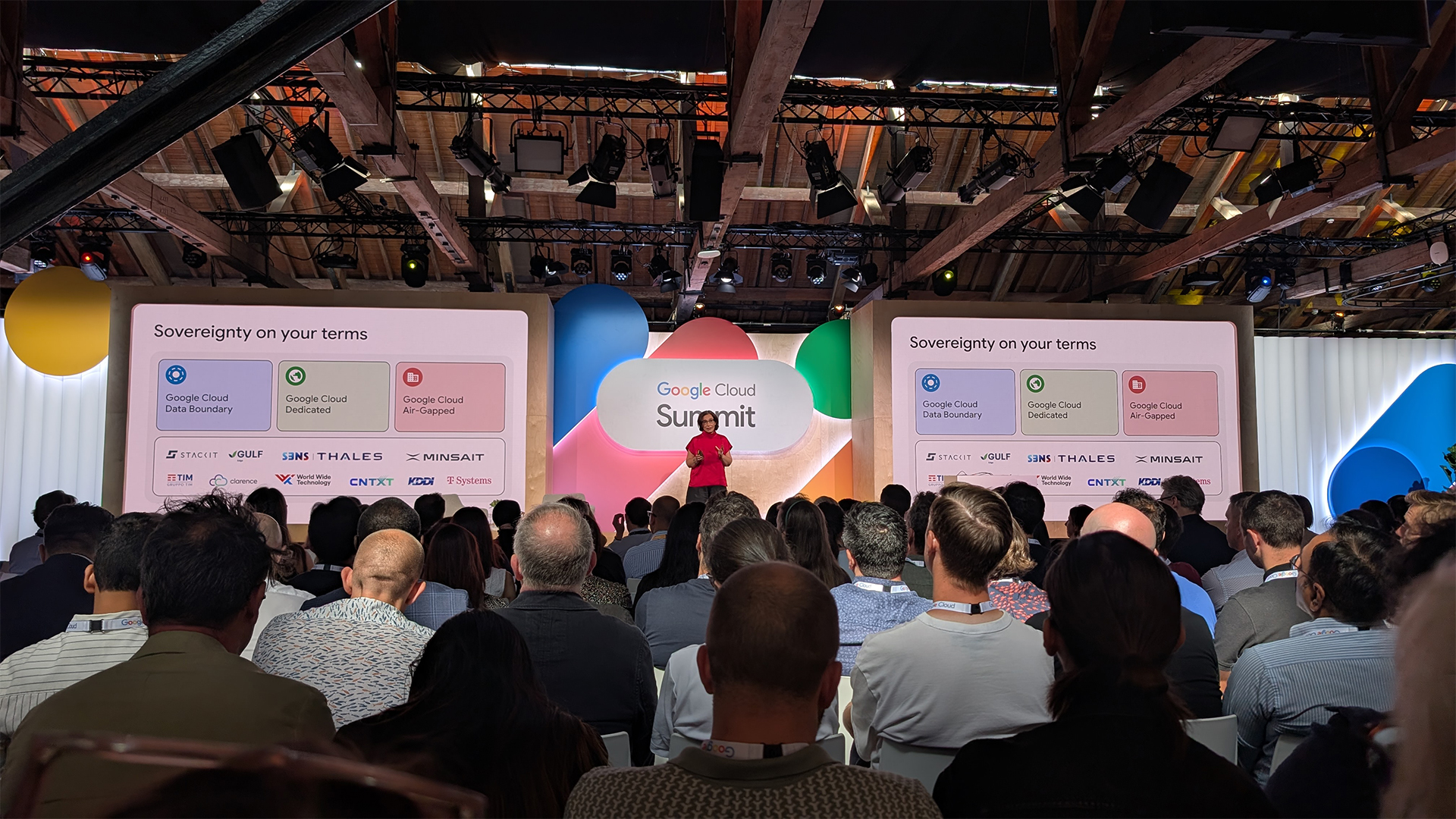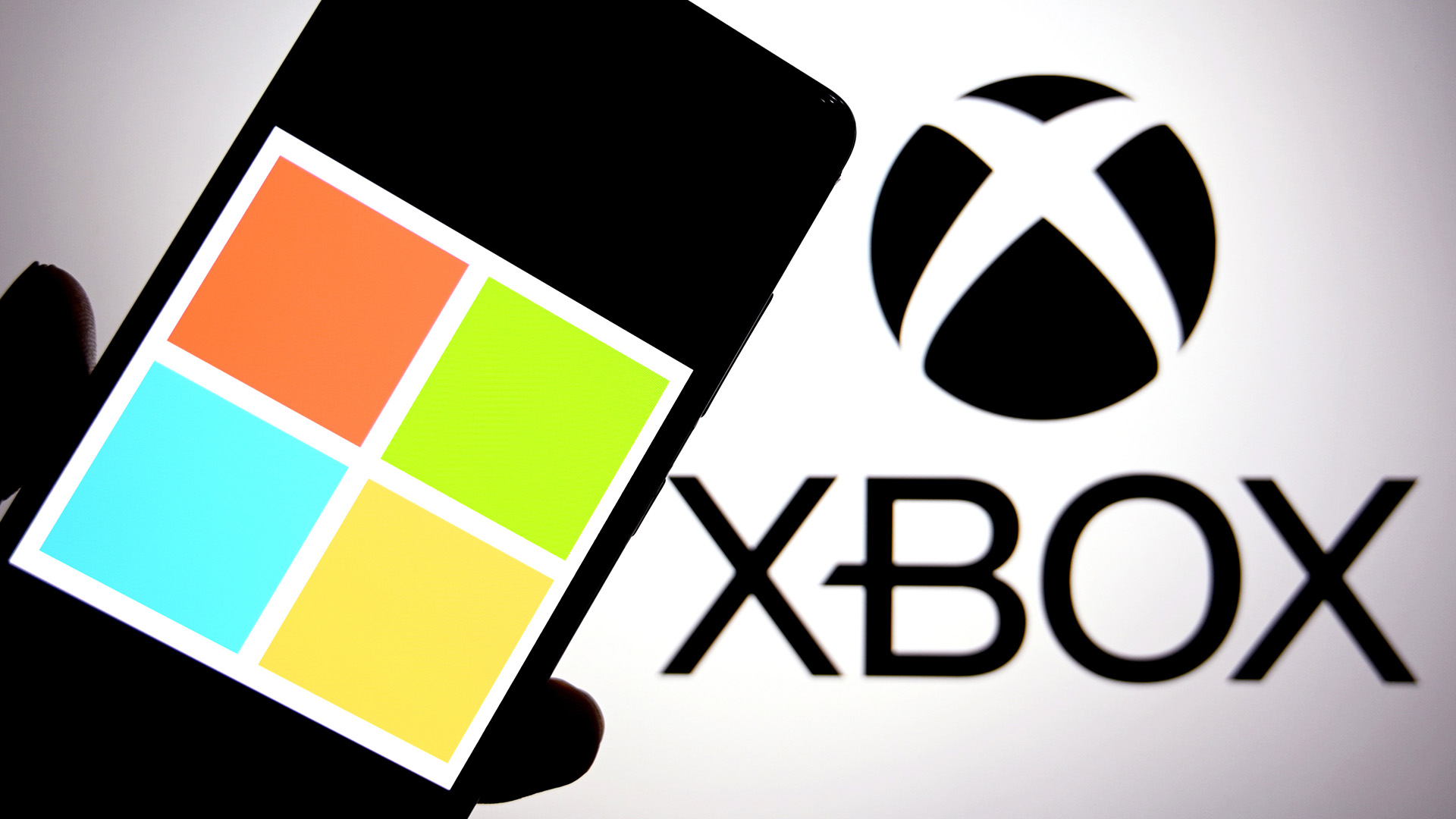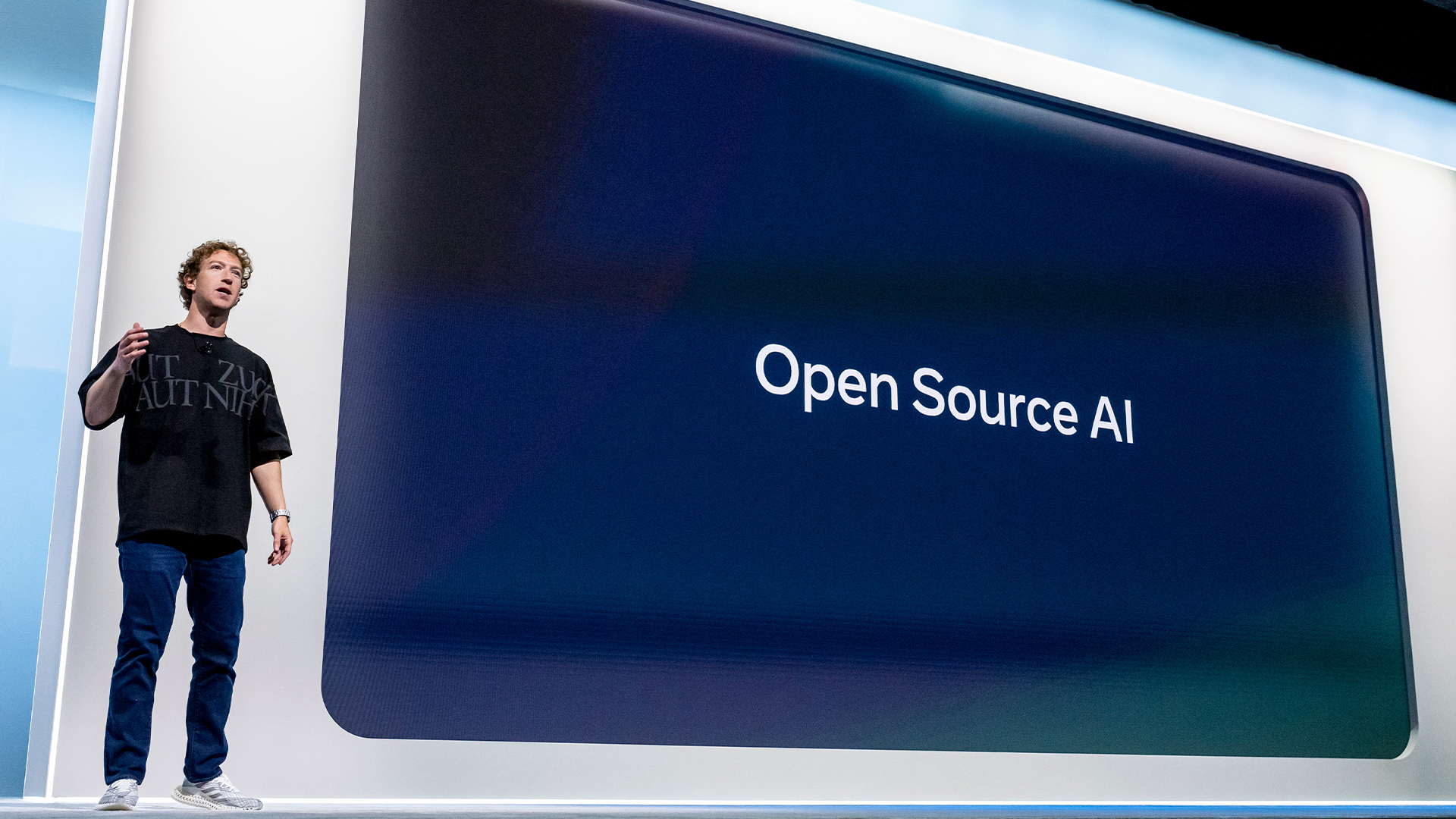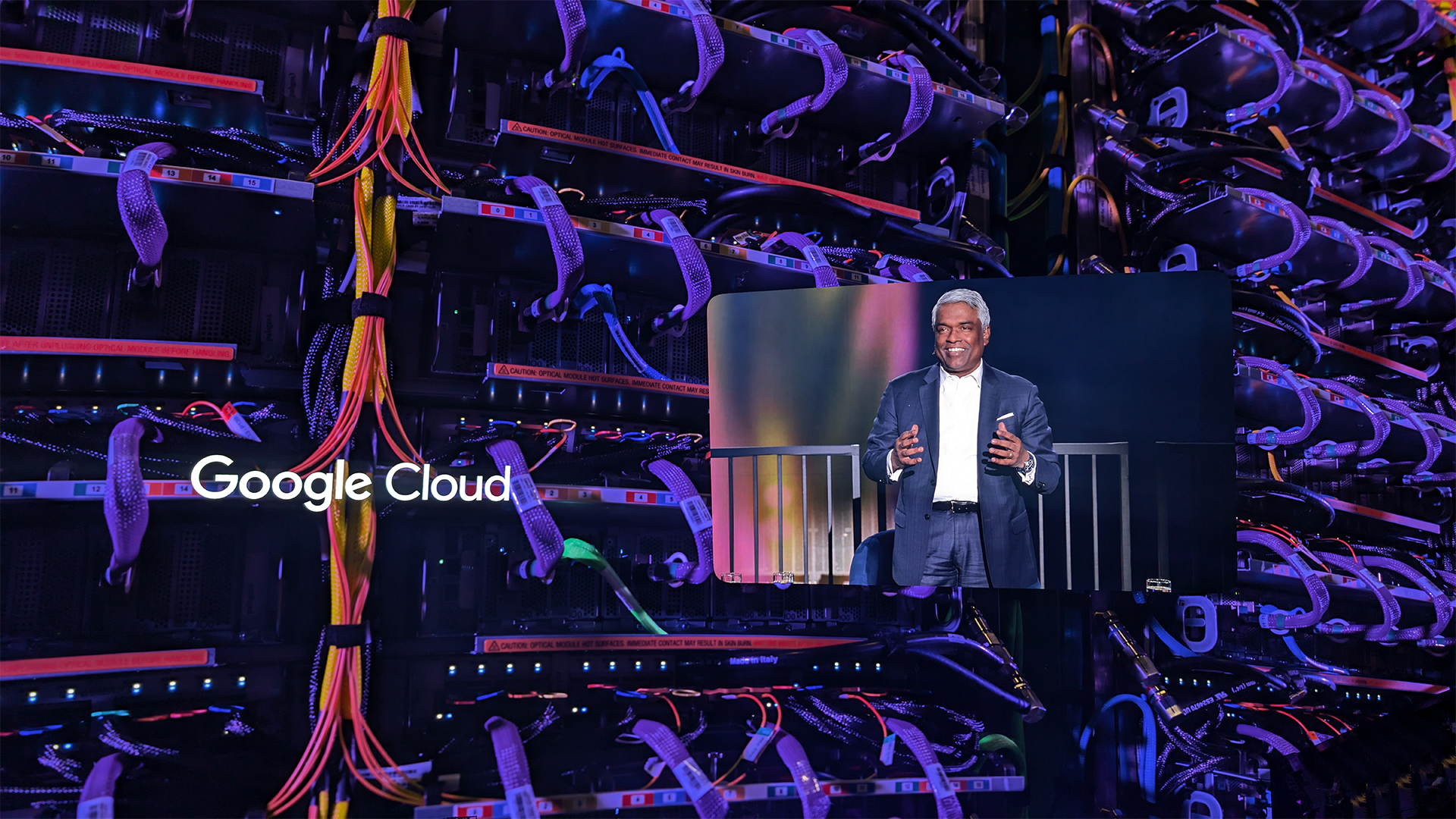Meta and IBM launch new AI alliance, but where's Google and Microsoft?
The alliance will support a transparent and collaborative approach to developing responsible, safe AI technologies

IBM and Meta are set to lead a new AI alliance focused on the responsible, open development of artificial intelligence (AI), but notable industry competitors will not participate.
The coalition’s stated goal is to support a transparent and collaborative approach to AI development that the duo said will help produce evaluation standards and tools for building AI systems, as well as educational content to inform public discourse on the technology.
The two technology giants are joined by over 50 founding members and collaborators, including hardware and infrastructure producers, model builders, research institutions, and open source foundations.
Other industry stakeholders pledging support for the alliance include AMD, Intel, Hugging Face, Dell Technologies, Cerebras, Sony, and Oracle.
A number of research institutions have also joined the coalition including notable institutions such as Harvard University, Yale University, Imperial College London, the University of Tokyo, UCLA Berkeley, and Notre Dame.
IBM AI Alliance: What will the coalition do?
The focus of the alliance appears to be on ensuring the future of AI development is open and retains considerations around safety and trust.
In a blog post announcing the partnership IBM said an open, collaborative approach to AI innovation will be critical to advancing the technology.
Sign up today and you will receive a free copy of our Future Focus 2025 report - the leading guidance on AI, cybersecurity and other IT challenges as per 700+ senior executives
“Open and transparent innovation is essential to empower a broad spectrum of AI researchers, builders, and adopters with the information and tools needed to harness these advancements in ways that prioritize safety, diversity, economic opportunity and benefits to all.”
IBM and Meta hope the coalition will bring together influential members in the sector to pool resources and knowledge to ensure safety concerns are adequately addressed during the ongoing wave of AI development.
This will see the alliance launch or enhance AI projects that satisfy a list of core objectives centered around fostering a healthy environment for responsible AI innovation.
One of these objectives aims to develop and implement evaluation standards for AI systems, produce a list of vetted safety and trust tools, and advocate for the widespread adoption of these standards and tools.
These projects should also facilitate wider AI skills development on a global scale and produce resources to inform public discourse on AI, the duo said, which long-term will enable more precise and productive regulations on the technology.
Does this alliance represent a new or false hope?
Notable omissions on the list of alliance members include Google, Amazon, Microsoft, Anthropic, and OpenAI, which make up the most influential AI model developers in the sector.
RELATED RESOURCE

Webinar: How to scale AI workloads taking an open data lakehouse approach
Discover the benefit of an open lakehouse approach and you will see watsonx.data live in action
WATCH NOW
Microsoft, Google, OpenAI, and Anthropic all joined the Frontier Model Forum in July 2023, perhaps explaining their disinclination to join this new alliance.
The stated goals of the partnership run along the same lines as the coalition announced by IBM and Meta, but retain a particular focus on safeguarding the development of frontier models – defined as large language models (LLMs) that surpass the most advanced models available today.
Some experts expressed pessimism about how realistic the partnership was in achieving its stated goals of cooperation with the Forum’s members being major competitors.
Is open AI collaboration a pipe dream?
There’s no doubt that new methods for improved model training - or frameworks through which models could circumvent unwanted hallucinations or harmful output entirely - are welcomed. Collaboration between the public and private sector will be a necessary part of this.

Rory Bathgate is Features and Multimedia Editor at ITPro, overseeing all in-depth content and case studies. He can also be found co-hosting the ITPro Podcast with Jane McCallion, swapping a keyboard for a microphone to discuss the latest learnings with thought leaders from across the tech sector.
Ultimately, however, these kinds of partnerships come second to the guardrails of the market as defined by legislation and competition. AI developers will continue to collaborate on best practices and enter into dialog with world leaders over the potential risk of AI implementation, but the bar for transparency will always lie with regulators.
The ‘black box’ approach to AI development, in which training weights and the nature of data used to train AI models are kept largely secret by each company, is likely to be a sticking point for open AI development. If you don’t know the precise decisions and information that has gone into making a model, evaluation systems can only go so far.
With its focus on open source AI, Meta is arguably in a better position to engage in the kind of meaningful collaboration with academia that will be necessary to lay the groundwork for ethical AI.
But even Meta has set limitations according to market competition. The firm’s open LLM, Llama 2, has been advertised as an open source model but can only be used by firms with more than 700 million monthly active users with permission from Meta.

Solomon Klappholz is a former staff writer for ITPro and ChannelPro. He has experience writing about the technologies that facilitate industrial manufacturing, which led to him developing a particular interest in cybersecurity, IT regulation, industrial infrastructure applications, and machine learning.
-
 Google Cloud announces new data residency flexibility for UK firms, accelerator for regional startups
Google Cloud announces new data residency flexibility for UK firms, accelerator for regional startupsNews UK-specific controls and support for up and coming AI firms is central to Google Cloud’s UK strategy
-
 Workers are covering up cyber attacks for fear of reprisal – here’s why that’s a huge problem
Workers are covering up cyber attacks for fear of reprisal – here’s why that’s a huge problemNews More than one-third of office workers say they wouldn’t tell their cybersecurity team if they thought they had been the victim of a cyber attack.
-
 An executive producer at Xbox Games Studios told laid off staff to use AI for counseling, and it’s the most ludicrous thing I’ve ever seen in my life
An executive producer at Xbox Games Studios told laid off staff to use AI for counseling, and it’s the most ludicrous thing I’ve ever seen in my lifeOpinion In the aftermath of Microsoft layoffs, promoting AI career advice feels supremely cold
-
 ‘A complete accuracy collapse’: Apple throws cold water on the potential of AI reasoning – and it's a huge blow for the likes of OpenAI, Google, and Anthropic
‘A complete accuracy collapse’: Apple throws cold water on the potential of AI reasoning – and it's a huge blow for the likes of OpenAI, Google, and AnthropicNews Apple published a research paper on the effectiveness of AI 'reasoning' models - and it seriously rains on the parade of the world’s most prominent developers.
-
 Meta faces new ‘open washing’ accusations with AI whitepaper
Meta faces new ‘open washing’ accusations with AI whitepaperNews The tech giant has faced repeated criticism for describing its Llama AI model family as "open source".
-
 ‘Using generative AI as a copilot is the sweet spot’: A look at Nationwide’s AI approach
‘Using generative AI as a copilot is the sweet spot’: A look at Nationwide’s AI approachCase study Nationwide Building Society is expanding its use of generative AI in 2025, with the core focus of making the lives of its staff easier
-
 “Governance is an irreplaceable role”: Microsoft Security VP on why diversity and sector expertise will keep security workers relevant in the age of agentic AI
“Governance is an irreplaceable role”: Microsoft Security VP on why diversity and sector expertise will keep security workers relevant in the age of agentic AINews Improved AI skills and a greater focus on ensuring agents are secure at point of deployment will be key for staying ahead of attackers
-
 Microsoft says workers should believe the hype with AI tools: Researchers found Copilot users saved three hours per week sifting through emails, gained more focus time, and completed collaborative tasks 20% faster
Microsoft says workers should believe the hype with AI tools: Researchers found Copilot users saved three hours per week sifting through emails, gained more focus time, and completed collaborative tasks 20% fasterNews Using AI tools paid dividends for some workers, but alternative research shows it could create problems for others down the line.
-
 Third time lucky? Microsoft finally begins roll-out of controversial Recall feature
Third time lucky? Microsoft finally begins roll-out of controversial Recall featureNews The Windows Recall feature has been plagued by setbacks and backlash from security professionals
-
 Google Cloud is leaning on all its strengths to support enterprise AI
Google Cloud is leaning on all its strengths to support enterprise AIAnalysis Google Cloud made a big statement at its annual conference last week, staking its claim as the go-to provider for enterprise AI adoption.


